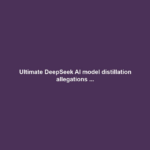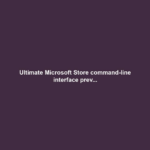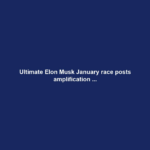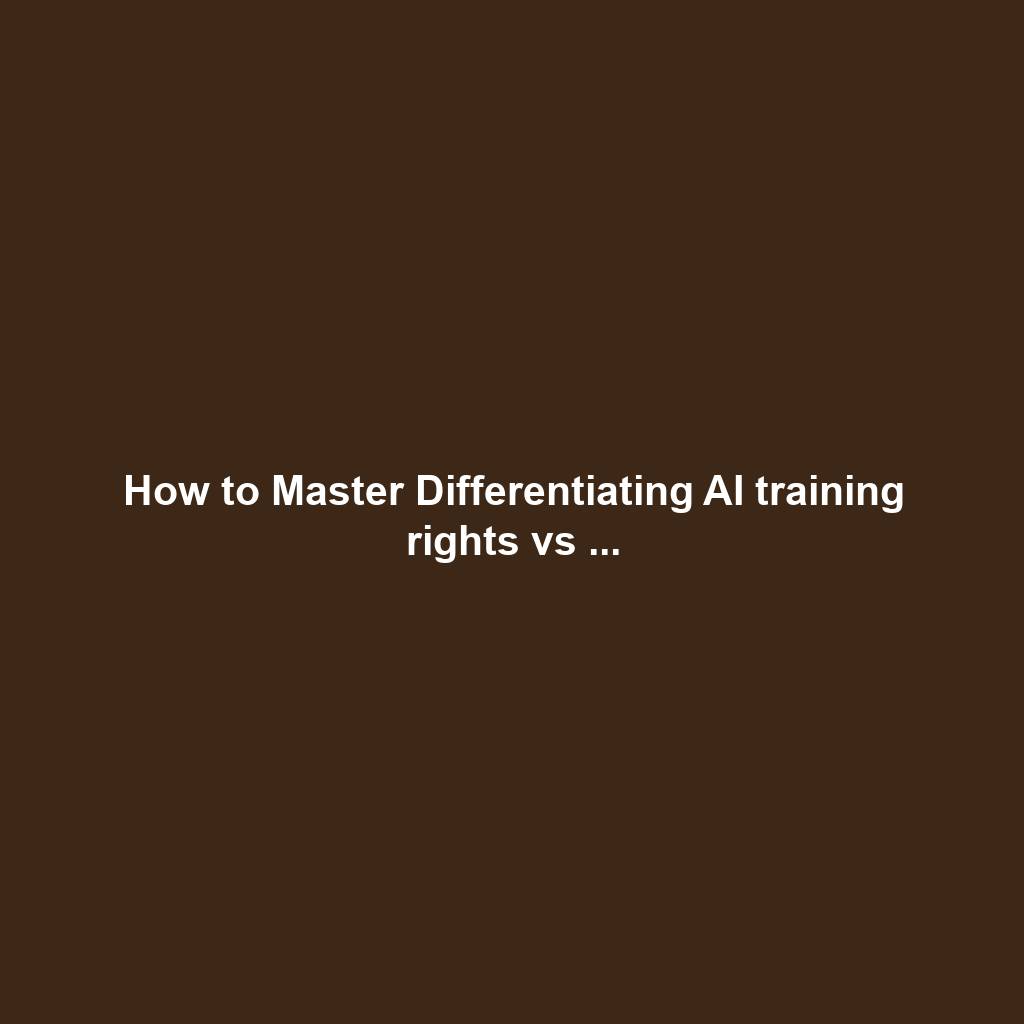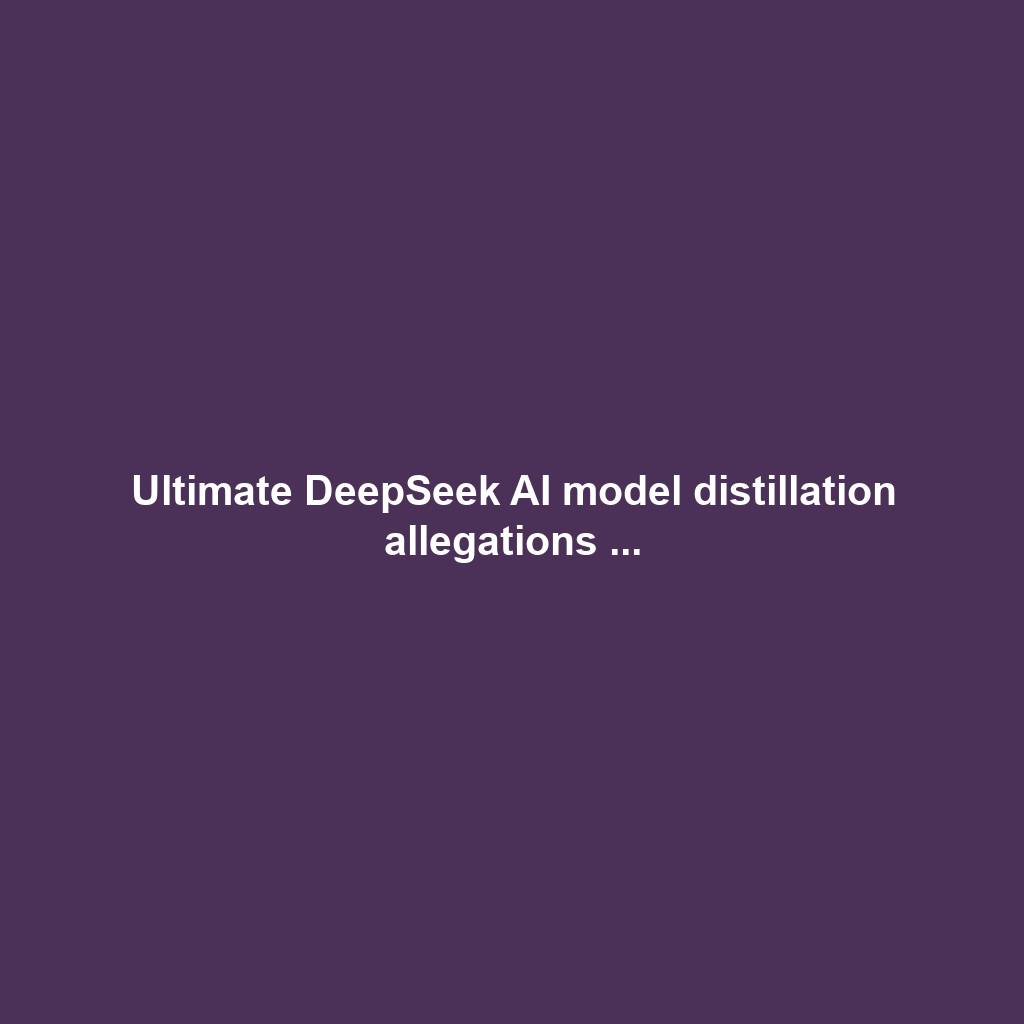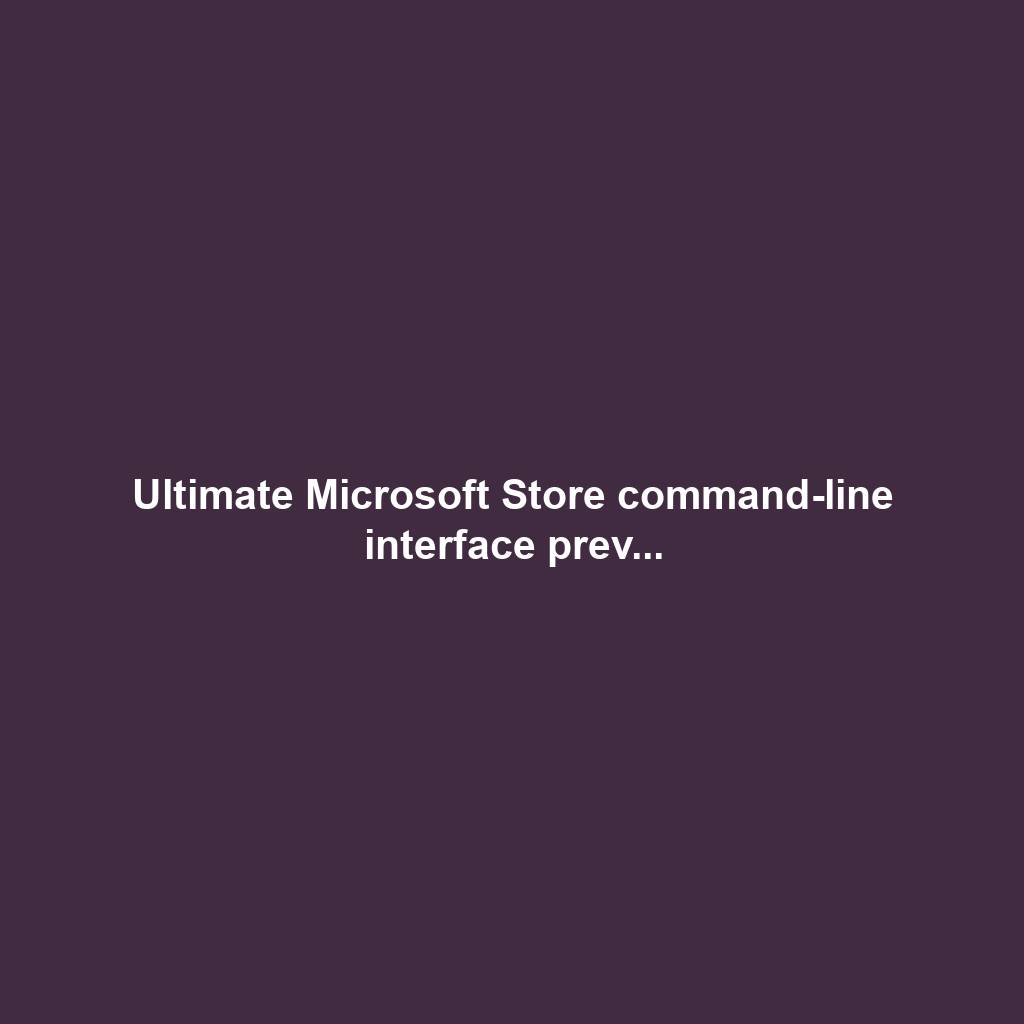The Final Hand: Cards Against Humanity Settles with SpaceX, Distributing Satire Over Cash in Landmark ‘Space Garbage’ Dispute

In a resolution as characteristic of modern corporate skirmishes as it is unconventional, Cards Against Humanity (CAH), the purveyor of notoriously irreverent card games, has formally concluded its high-stakes trespass lawsuit against Elon Musk’s aerospace giant, SpaceX. As of October 23, 2025, the saga that began as a satirical protest against a border wall has culminated not in the multi-million dollar payout originally sought, but in a unique, non-monetary dividend for its dedicated community: a free, exclusive deck of satirical cards directly roasting the tech titan and the “space garbage” incident. This resolution, reached just weeks before a highly anticipated November 3 jury trial, seals a chapter in legal history where intellectual property battles intersected sharply with viral marketing, political idealism, and the sheer audacity of direct-action crowdfunding.
The Legacy of the “Space Garbage” Incursion
The conflict’s genesis dates back to 2017, an era marked by intense political division over physical fortifications on the U.S.-Mexico border. Cards Against Humanity, headquartered in Chicago, executed a masterstroke of performative activism by raising significant capital—reportedly over $2 million—from more than 150,000 individual supporters, each contributing $15. The explicit purpose was to purchase a small, strategic plot of land in Cameron County, Texas, near the border, with the stated intent of making any construction of a border wall upon it as “time-consuming and expensive as possible.”
For years, this parcel remained a monument to that ideological stand, purportedly maintained in its “natural state” and marked clearly with “no trespassing” signage. The narrative shifted dramatically in 2024 when CAH filed a $15 million lawsuit against SpaceX. The core allegation, as detailed in court filings, was that SpaceX, in the process of expanding its nearby Starbase operations—the hub for its ambitious Starship development—had systematically encroached upon the privately owned CAH land for at least six months. This alleged intrusion was characterized by CAH not merely as trespass, but as the transformation of their symbolic territory into an unauthorized dumping ground for industrial debris, equipment, and construction materials, which they vividly dubbed “space garbage.”
The legal pressure mounted considerably when, during the discovery phase, SpaceX officially admitted to the act of trespassing on the CAH property. However, as CAH communicated to its supporters in an October 2025 correspondence, the decision to settle instead of proceeding to trial was a pragmatic one. A protracted legal battle, the company argued, “would have cost more than what we were likely to win from SpaceX,” even with the admission of wrongdoing confirming their central claim. This acknowledgment of liability, though occurring privately during legal proceedings, became a key factual victory for the activist game company.
Documenting the Land’s Condition Post-Eviction
A vital component of the concluding narrative is the documented state of the land after the defendant fully vacated the premises as stipulated in the settlement terms. The commitment to removing all materials and employing local contractors to restore the site ensured that the physical scar left by the trespass would be remediated, aligning with the original supporters’ desire for the land’s preservation. This restorative phase closes the chapter on the physical damage component of the original complaint. CAH publicly stated the positive outcome: “The upside is that SpaceX has removed their construction equipment from our land and we’re able to work with a local landscaping company to restore the land to its natural state: devoid of space garbage and pointless border walls.”
This remediation is not merely cosmetic; it represents a crucial step in fulfilling the original contract with the donors. The integrity of the land, meant to be preserved as a symbolic counter-structure to the wall, required the complete removal of the industrial remnants left by the aerospace giant. The use of local contractors, as emphasized in the company’s releases, subtly aligns with a community-centric approach, contrasting with the large-scale, distant corporate operations that initiated the trespass. The land, therefore, is returning to its symbolic purity, having successfully resisted both a physical barrier and industrial contamination.
The Endurance of the Border Wall Protest Ideal
Although the direct conflict shifted from the physical border wall—the original focus of the 2017 campaign—to a corporate neighbor encroaching on the symbolic property, the underlying commitment that motivated the initial crowdfunding effort remains a critical, foundational element of the story. The narrative structure of the game company’s communications continuously links the present action against the aerospace figure back to their original ideological stand against restrictive, symbolic construction projects and the billionaires associated with them.
The initial target, the Trump administration’s border wall, represented a specific political philosophy of isolation and physical division. The subsequent antagonist, Elon Musk and SpaceX, while representing a philosophy of technological futurism and expansion (e.g., Starbase development), became implicated in the same vein of unilateral action—using private land without permission for expansive industrial goals. CAH successfully framed the SpaceX trespass as an extension of the same ‘might makes right’ mentality they originally fought against. The company’s statements framed Musk’s alleged behavior as a direct insult to the thousands who invested to protect that specific strip of Texas soil from powerful entities attempting to impose their will upon it, regardless of legal boundaries or property rights.
This ability to pivot the established narrative while maintaining the core thematic opposition is central to CAH’s sustained cultural relevance. They demonstrated that the spirit of the protest—the opposition to arbitrary corporate or political claims on public interest land—remains potent, even when the specific vehicle of opposition changes from concrete to rockets. The very act of suing a company associated with the world’s wealthiest individual reinforces the original, anti-establishment stance, making the entire legal engagement a continuation of the “Cards Against Humanity Saves America” initiative.
The Role of the Community in Sustaining the Conflict
The entire legal and satirical maneuver would have been impossible without the initial, substantial financial backing from the community of supporters. Their collective investment was the leverage that allowed the company to stand its ground against a massive corporate entity and ultimately negotiate a settlement on their behalf, a fact frequently emphasized in all public releases related to the matter. The 150,000 donors, each investing $15, provided the legal war chest and the moral imperative for the ensuing legal action.
The initial promise was that if CAH won the $15 million suit, the net proceeds would be split among the original donors, aiming for up to $100 each. When the confidential settlement was finalized, replacing the potential cash award, CAH’s communication to these supporters was delivered with characteristic, blunt candor. They conveyed that while SpaceX admitted guilt, the billionaire “did the legal equivalent of throwing dust in our eyes and kicking us in the balls” regarding the payout. This acknowledgment of the broken financial promise was immediately coupled with the alternative compensation.
The shift from a potential monetary return to a comedic one—the exclusive Elon Musk-themed card pack—is perhaps the most telling aspect of community engagement in the digital age. The supporters, by contributing funds for a political statement, implicitly accepted a level of inherent risk and dependency on the company’s strategic maneuvers. The new compensation package transforms the victory from a financial transaction into a shared cultural artifact. By signing up online (via the dedicated portal like elonowesyou100dollars.com, as reported in late 2025), supporters confirm their eligibility for this physical piece of satire, effectively turning the community into co-authors and beneficiaries of the final punchline. This ensures the community remains intrinsically linked to the outcome, not just as former investors, but as the current audience for the victorious jab.
The endurance of this community connection is vital for CAH’s brand equity. The company’s reputation, as they themselves stated, rested on the line: “Our longstanding reputation as a company that makes outrageous promises and actually keeps them is on the line!” While they couldn’t deliver the promised cash, delivering a highly anticipated, exclusive satirical product arguably maintains the spirit of the original pact—delivering the outrageous and unexpected, even if the financial aspect proved impractical against a corporate behemoth like SpaceX.
Concluding Thoughts on Unconventional Corporate Justice
In summation, the resolution of this Texas property dispute represents a unique modern intersection of intellectual property, political statement, and viral marketing, all wrapped within a confidential legal agreement. The case serves as a potent case study for how non-traditional litigants can leverage public sentiment and a strong narrative to extract concessions from global corporate entities.
SpaceX secured the avoidance of a public trial scheduled for November 2025, an outcome likely desirable given the potential for prolonged negative press and scrutiny over internal land acquisition practices near Starbase. Cards Against Humanity, conversely, secured an admission of wrongdoing, the complete removal of industrial contamination from their symbolic land, and the immediate satisfaction of delivering a massive, targeted satirical product to their core base.
The free, exclusive card deck celebrating the defeat of the “space garbage” incident serves as a permanent, tangible reminder that even in high-stakes litigation involving global figures, a sharp wit and a dedicated community can secure a resolution entirely outside the conventional monetary playbook. The content of this deck, which will undoubtedly become a collector’s item, solidifies the company’s brand ethos—that sometimes, the most valuable asset is not a multi-million dollar settlement, but the perfectly crafted, un-cancellable joke delivered at the most opportune moment. The legacy is cemented: a parcel of Texas land, purchased to stop a wall, was successfully defended against a billionaire’s rocket company, resulting in the ultimate victory for satire.

